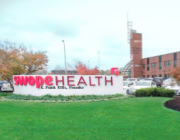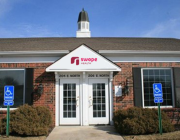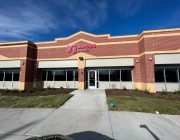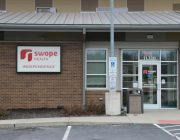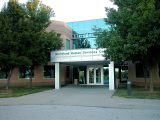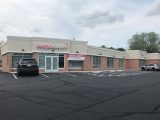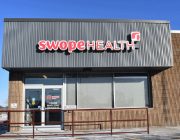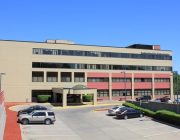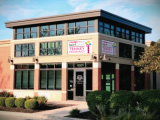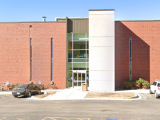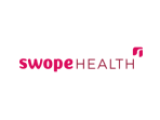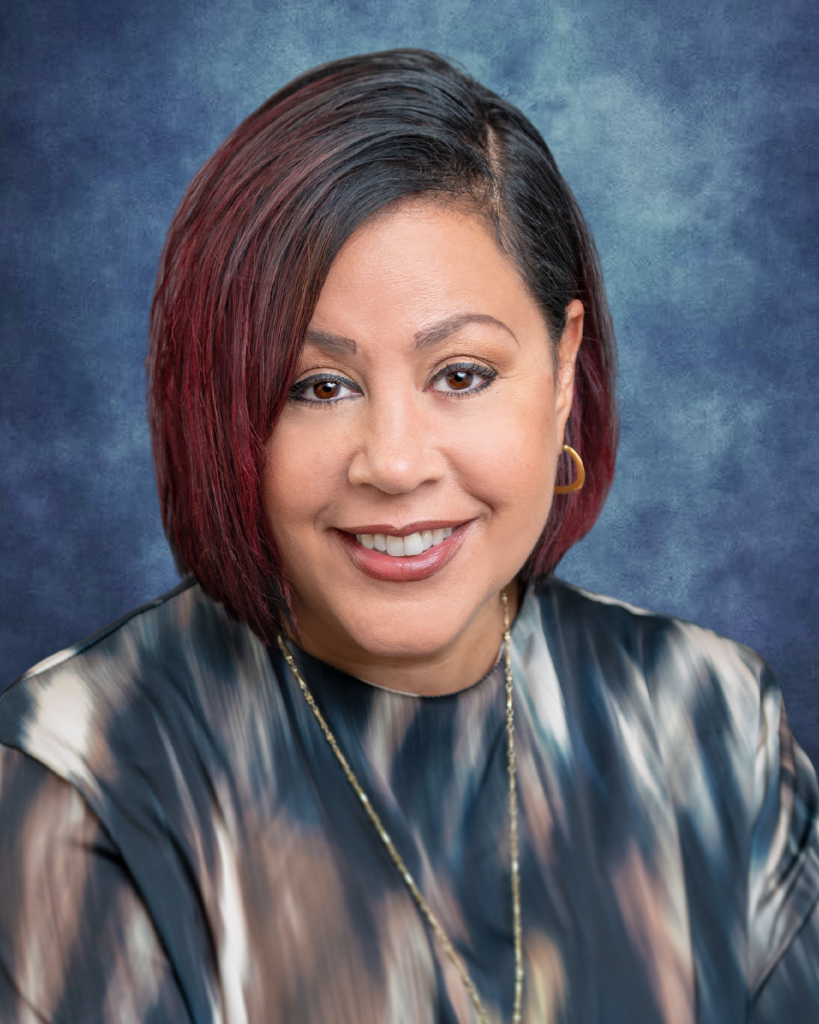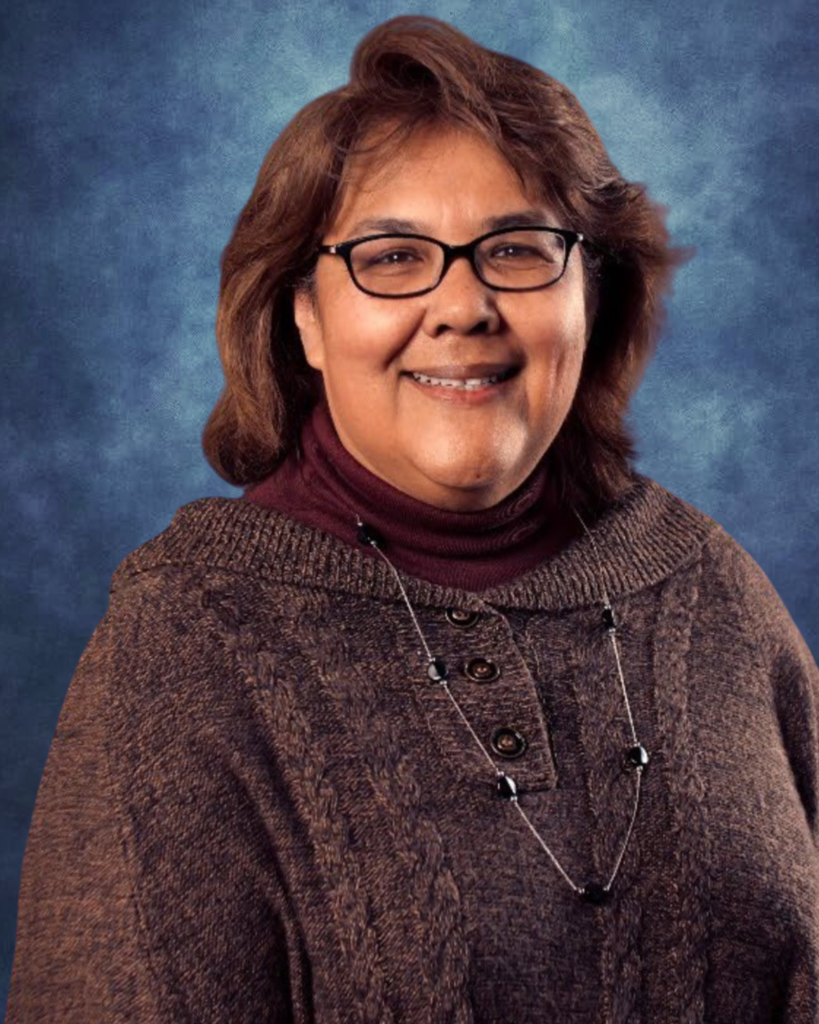Swope Health Alumni Series: Meet Phyllis Stevens
Growing up in the 1950s, Phyllis Stevens recognized the social inequalities that people of color faced and grew passionate about addressing those issues. Stevens started off as an educator before coming to Swope Health (called Swope Parkway Health Center at the time), where she used her talents and skills for special event fundraising. In 1993, …
Swope Health Alumni Series: Meet Phyllis Stevens Read More »

